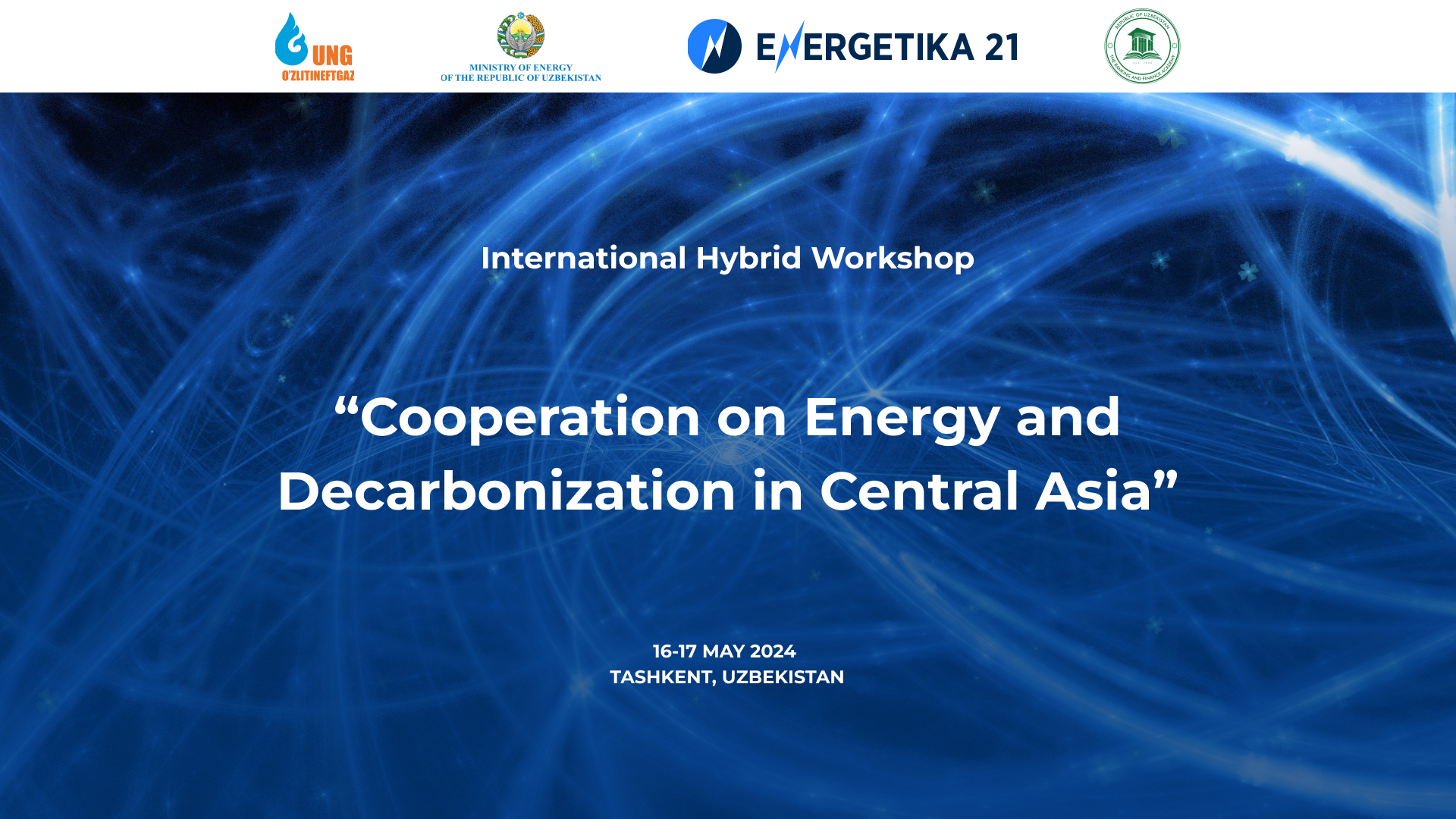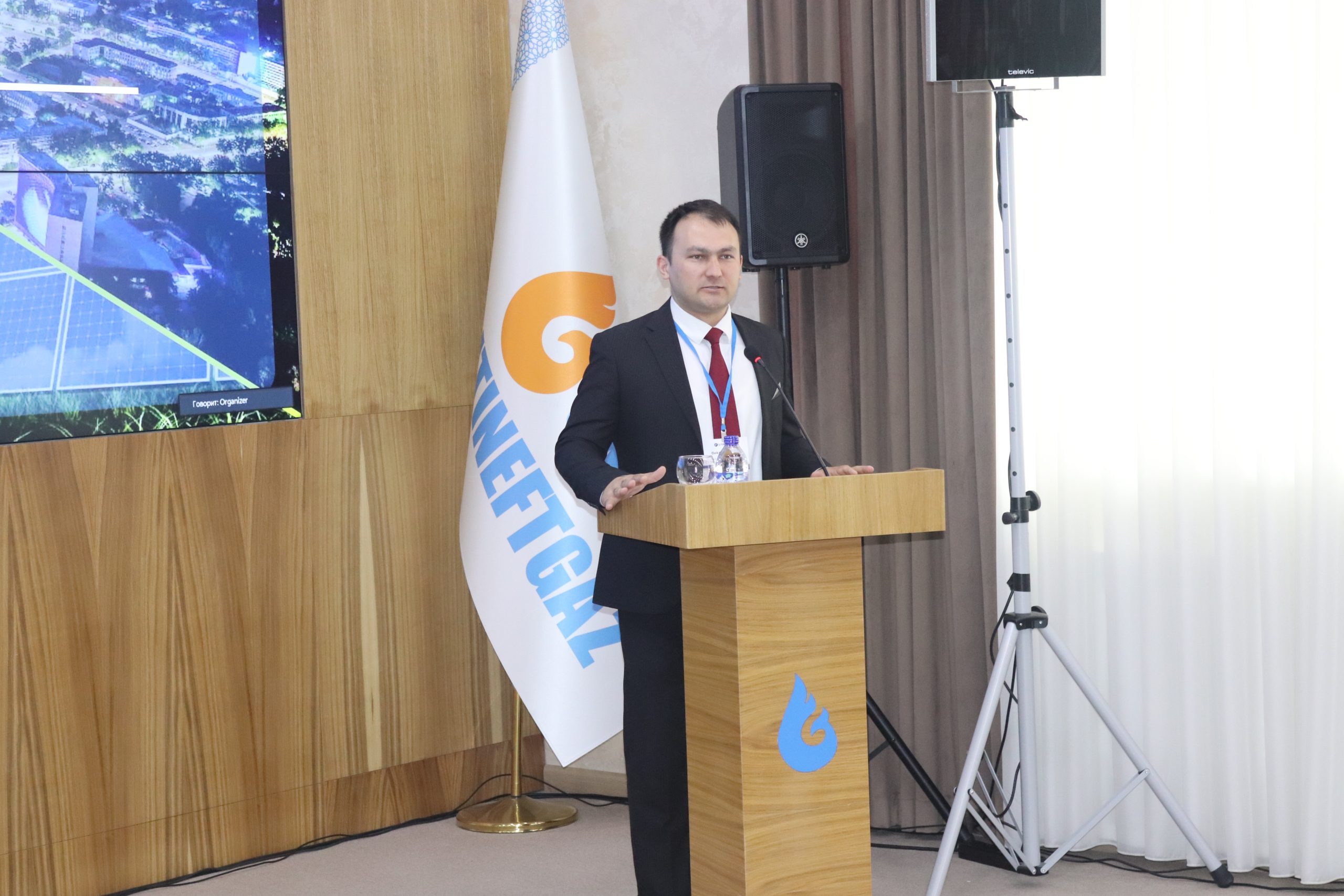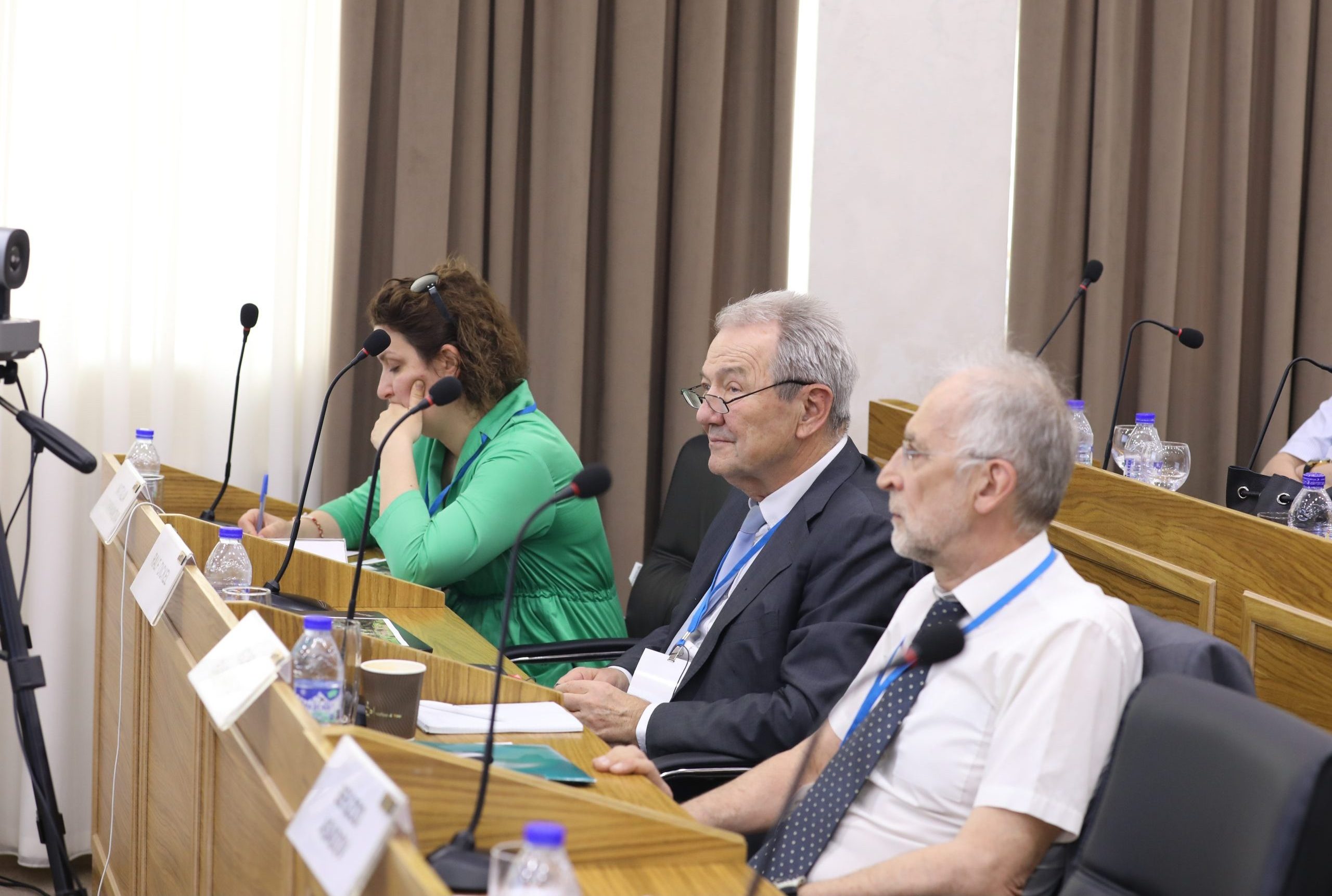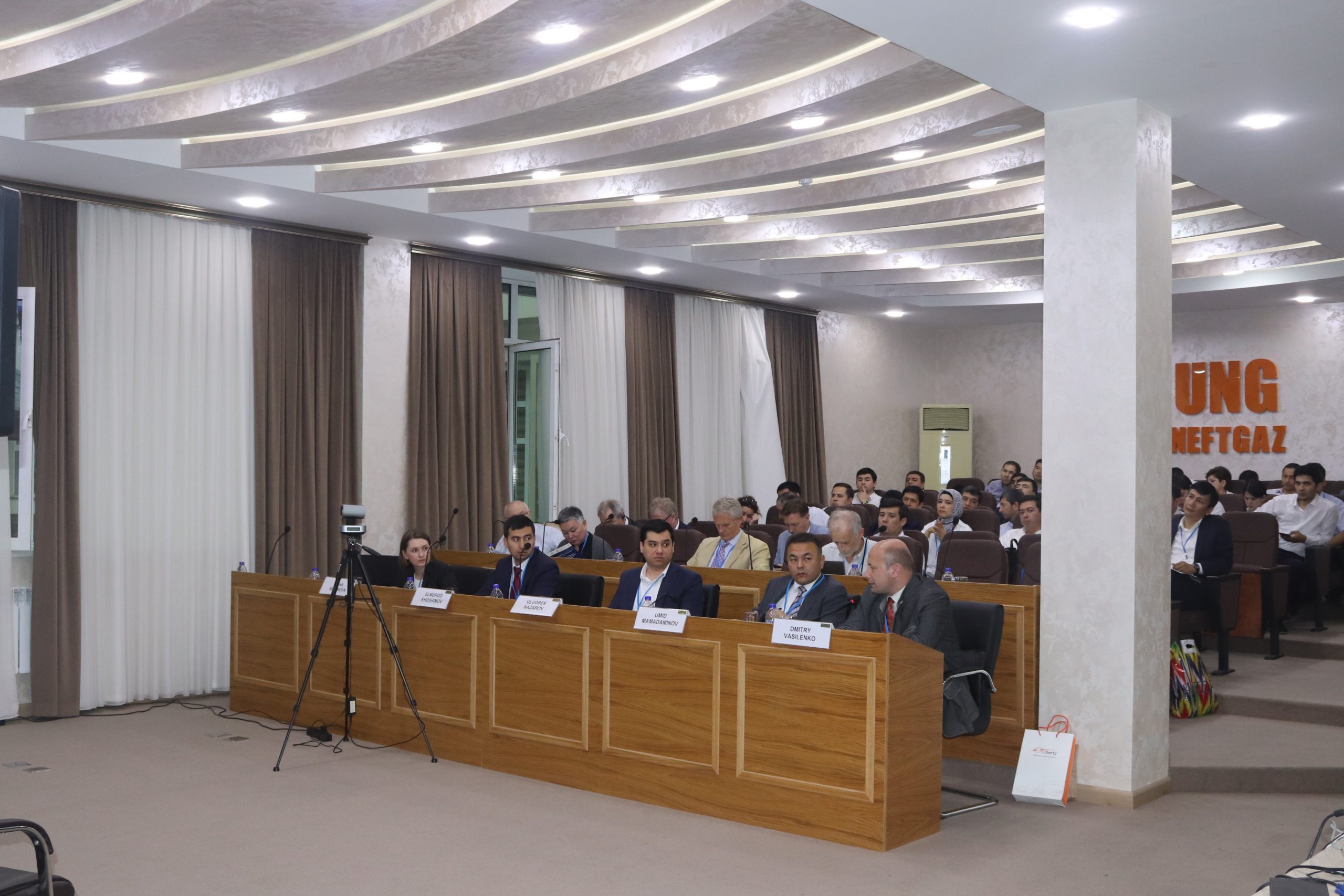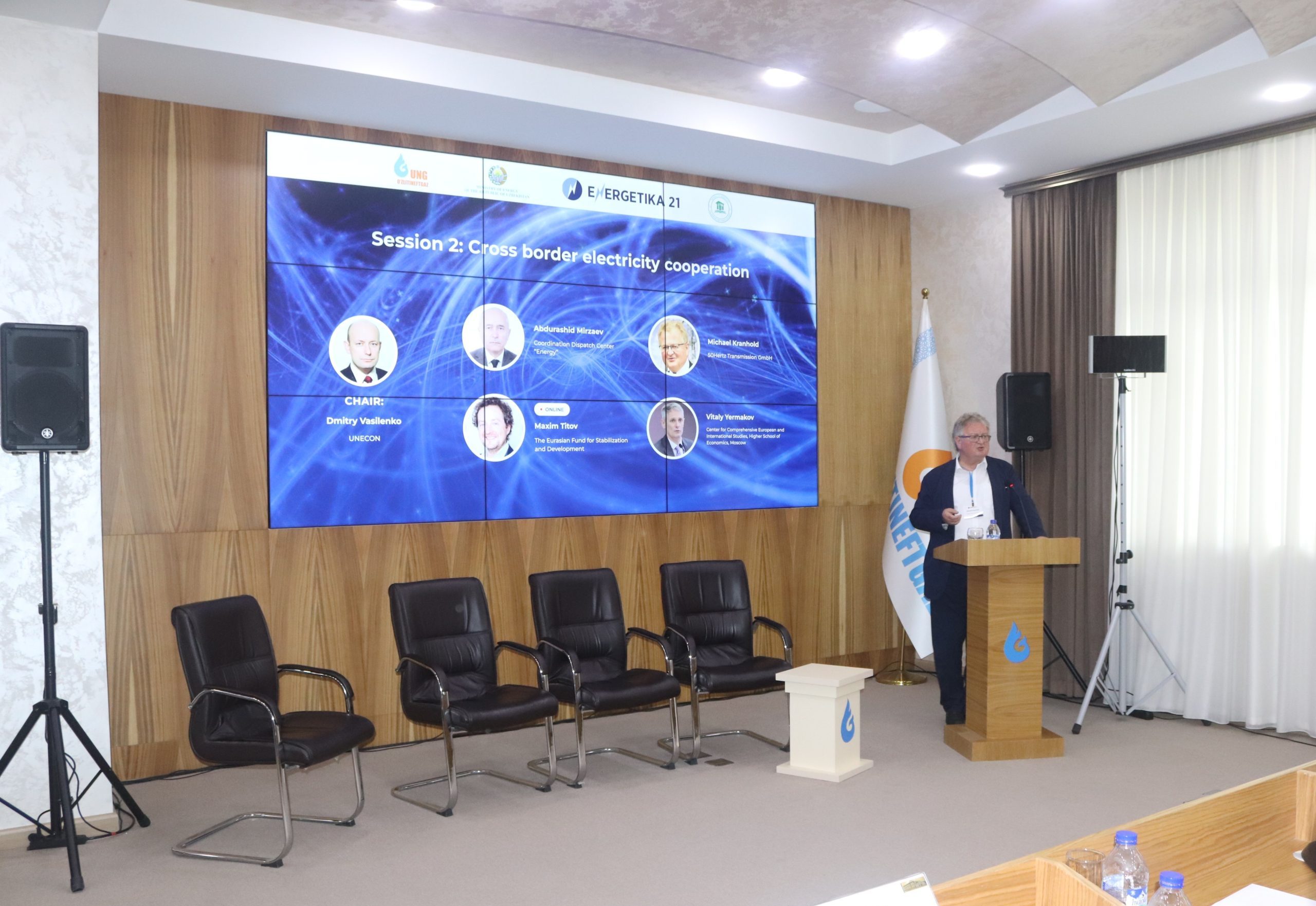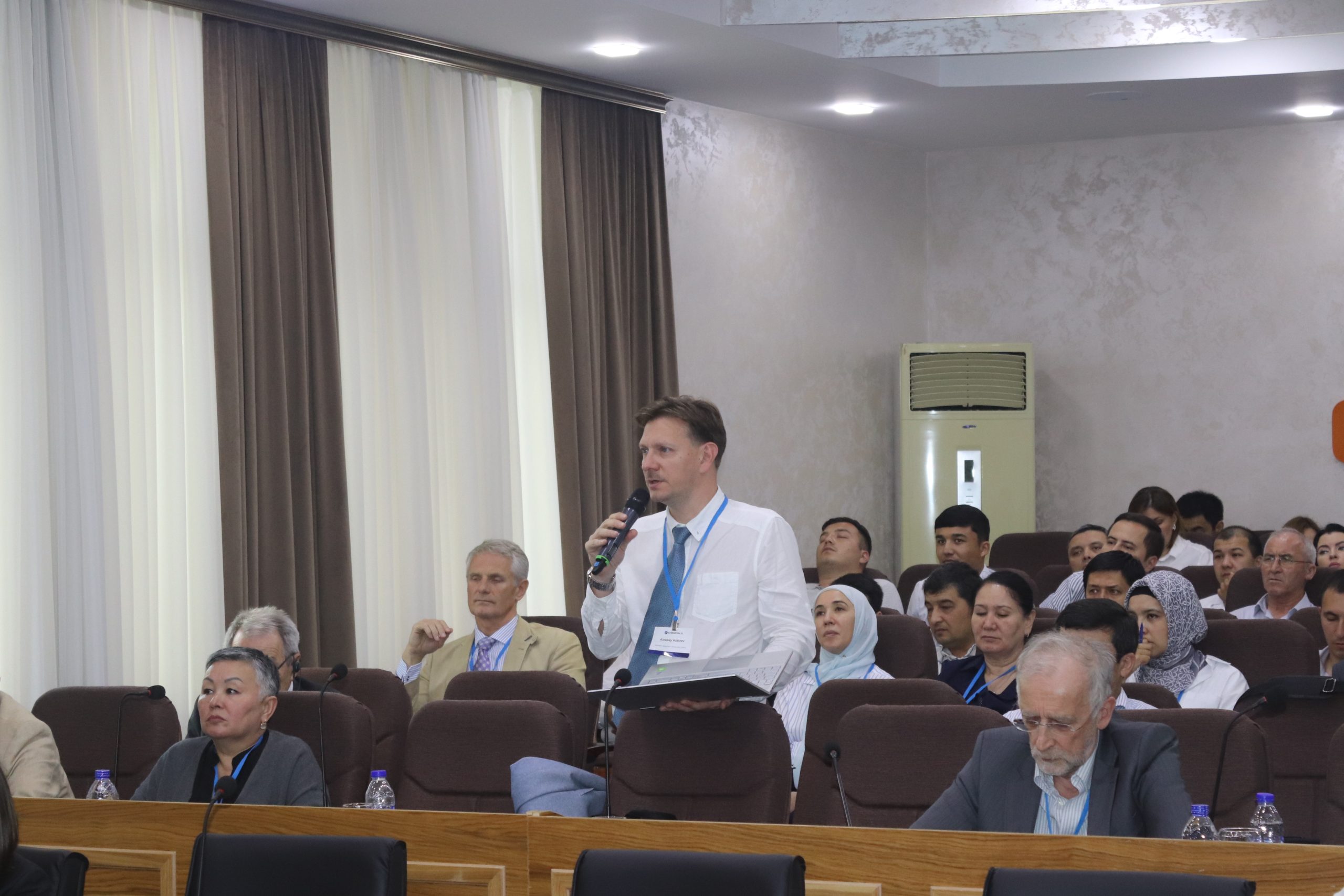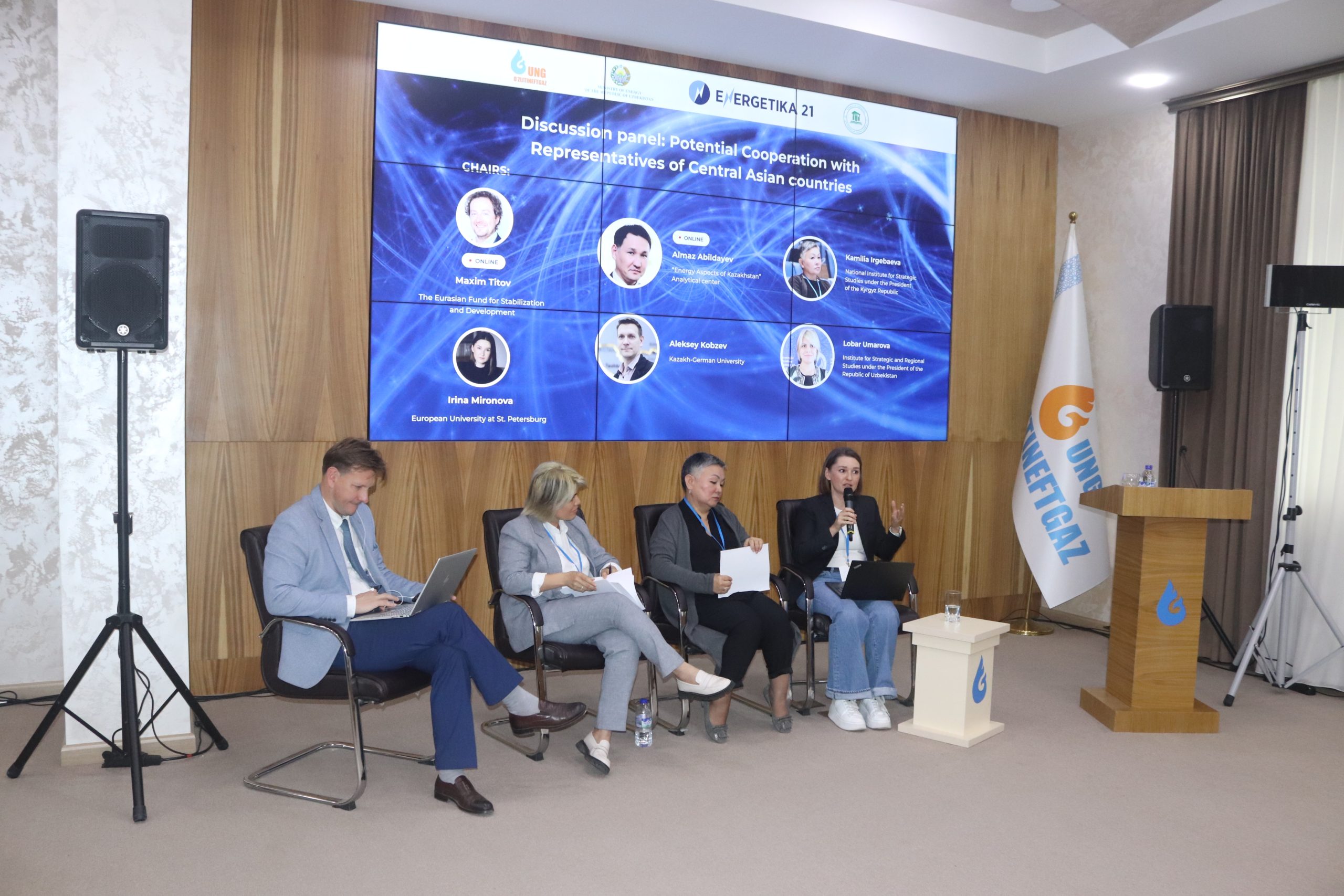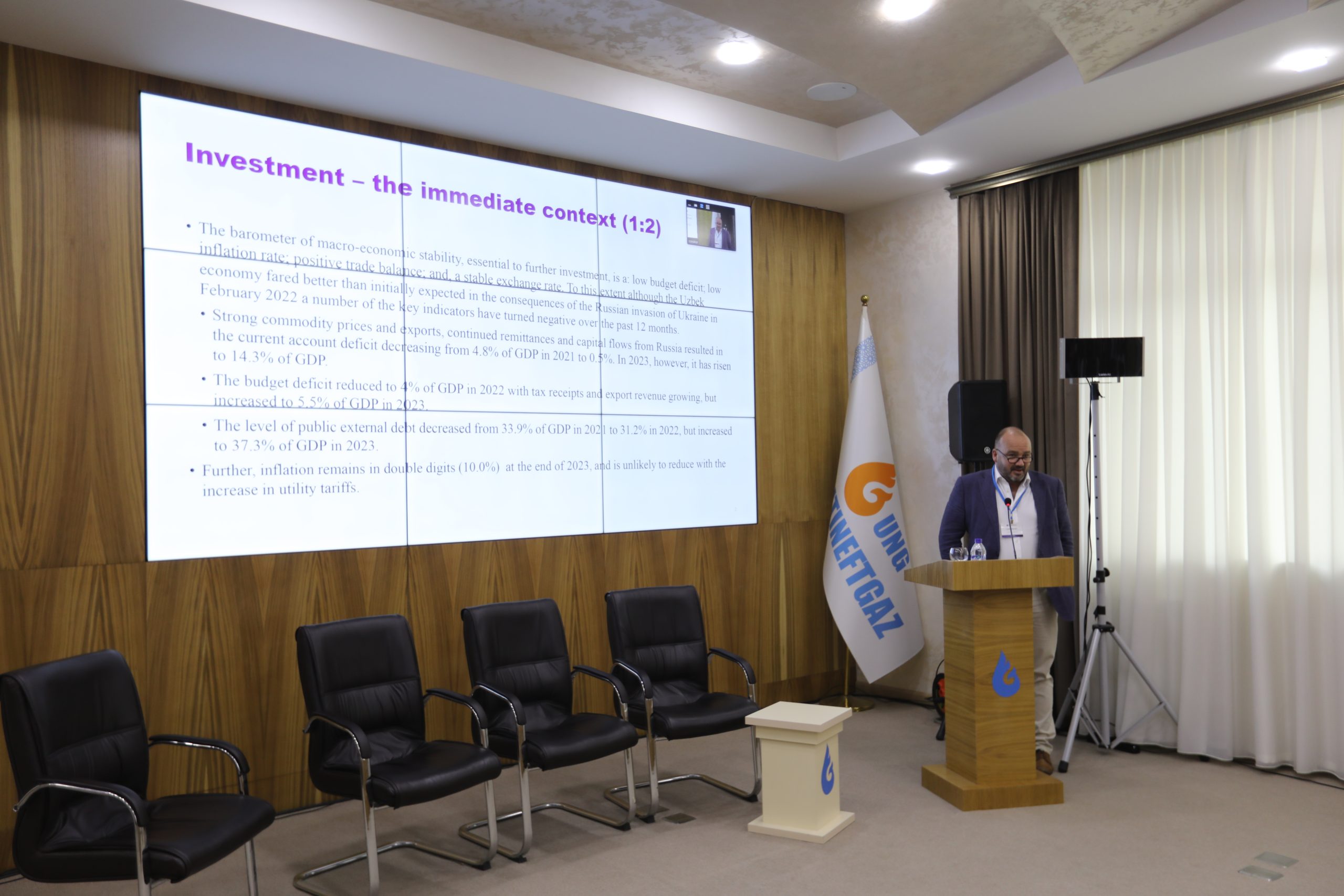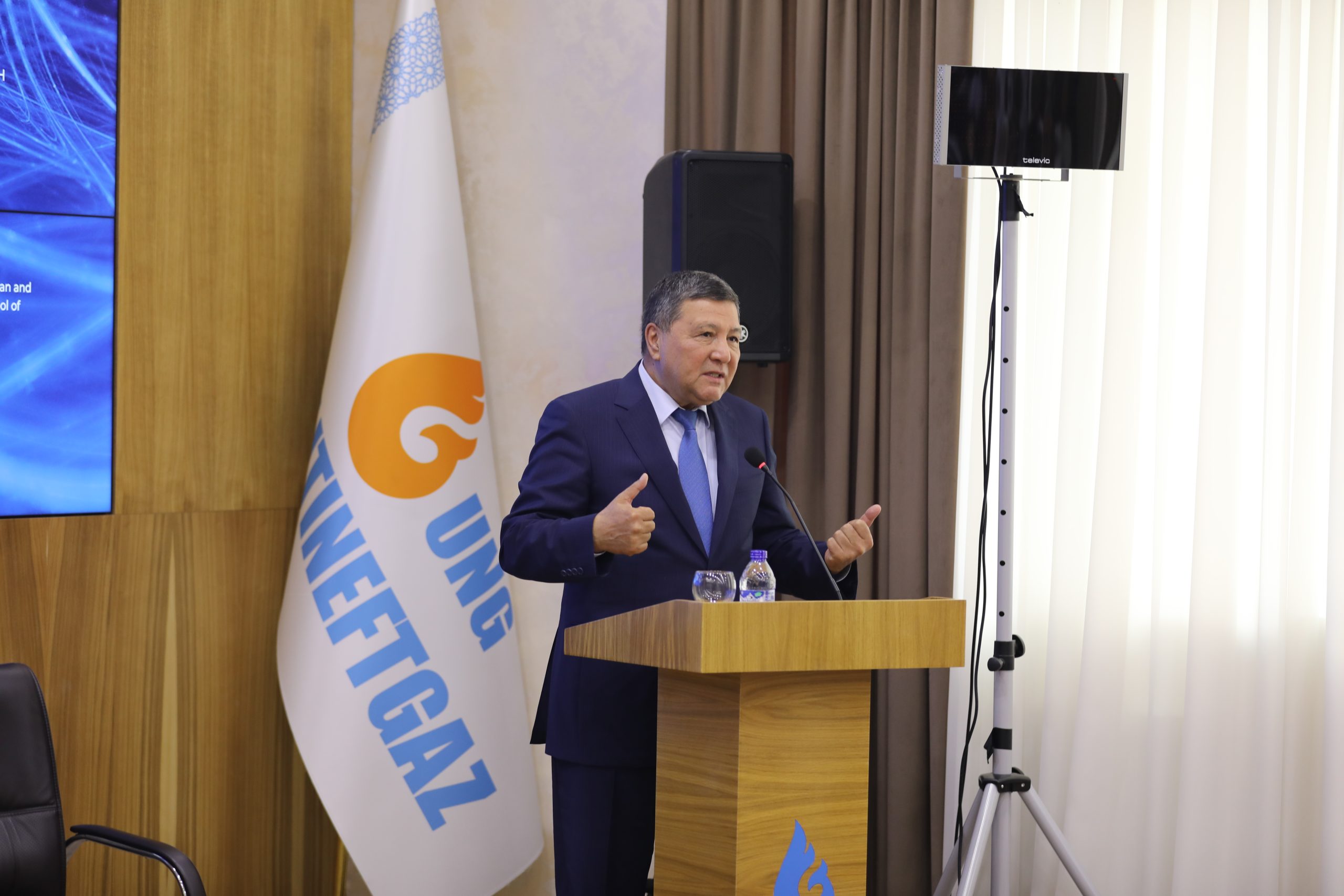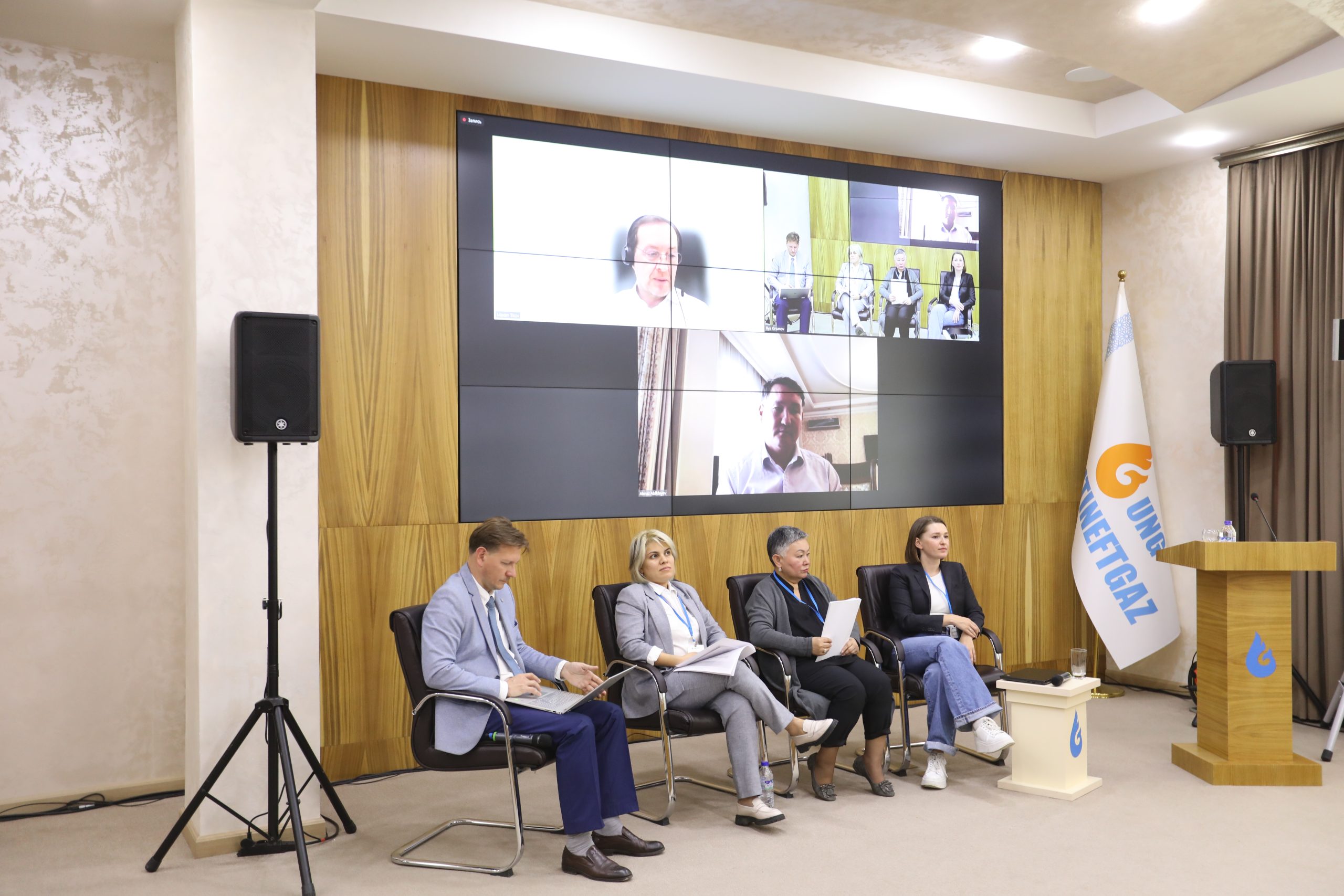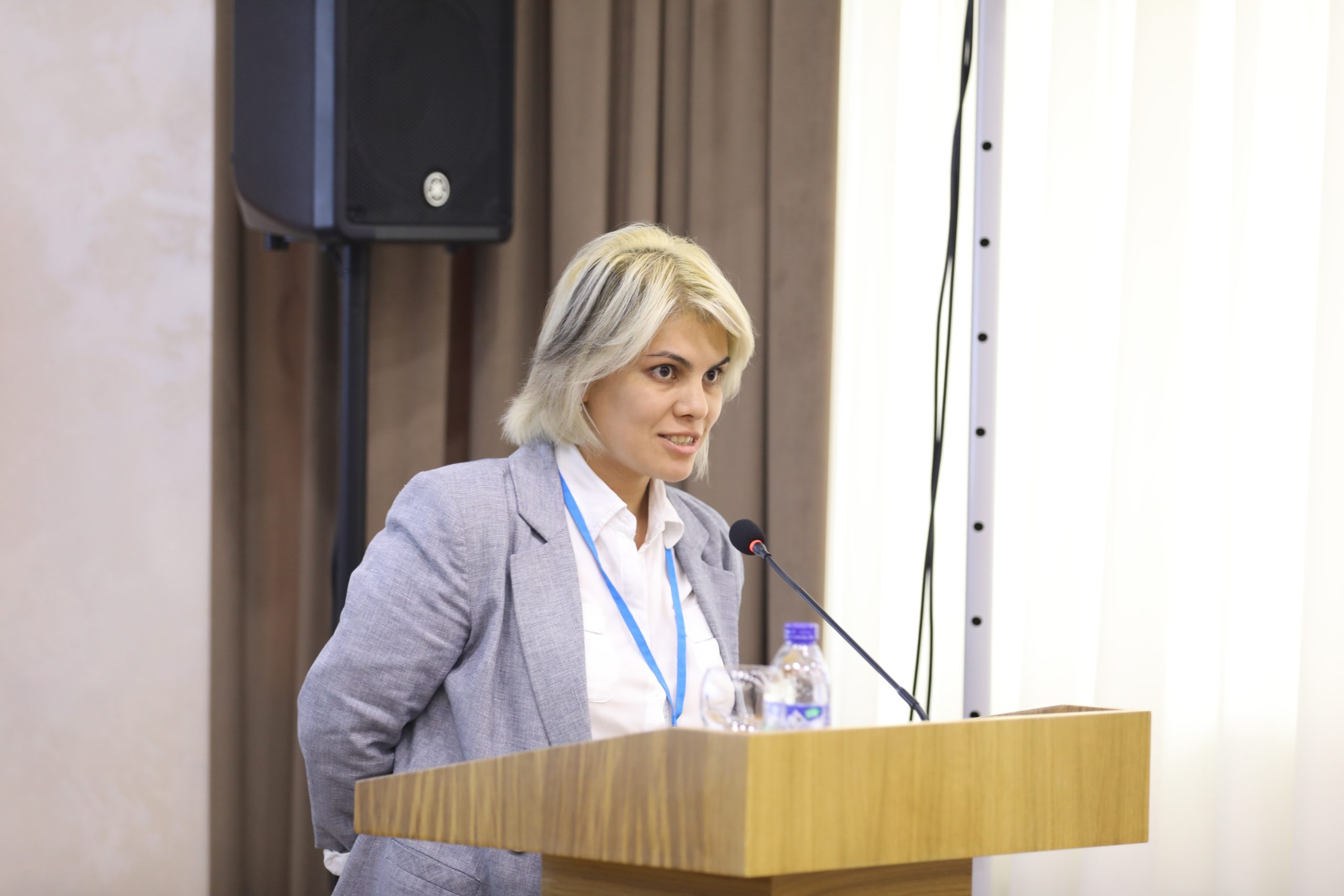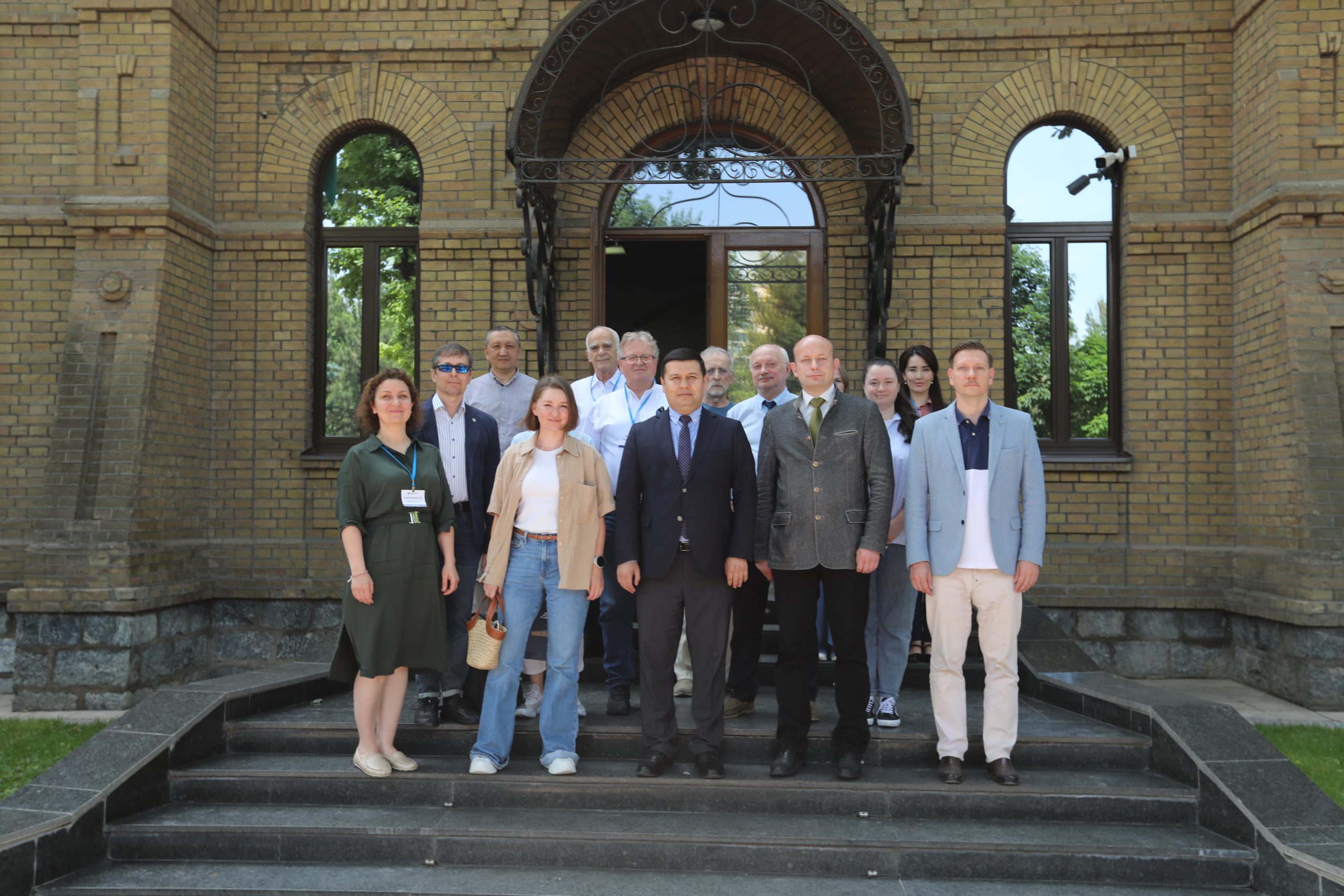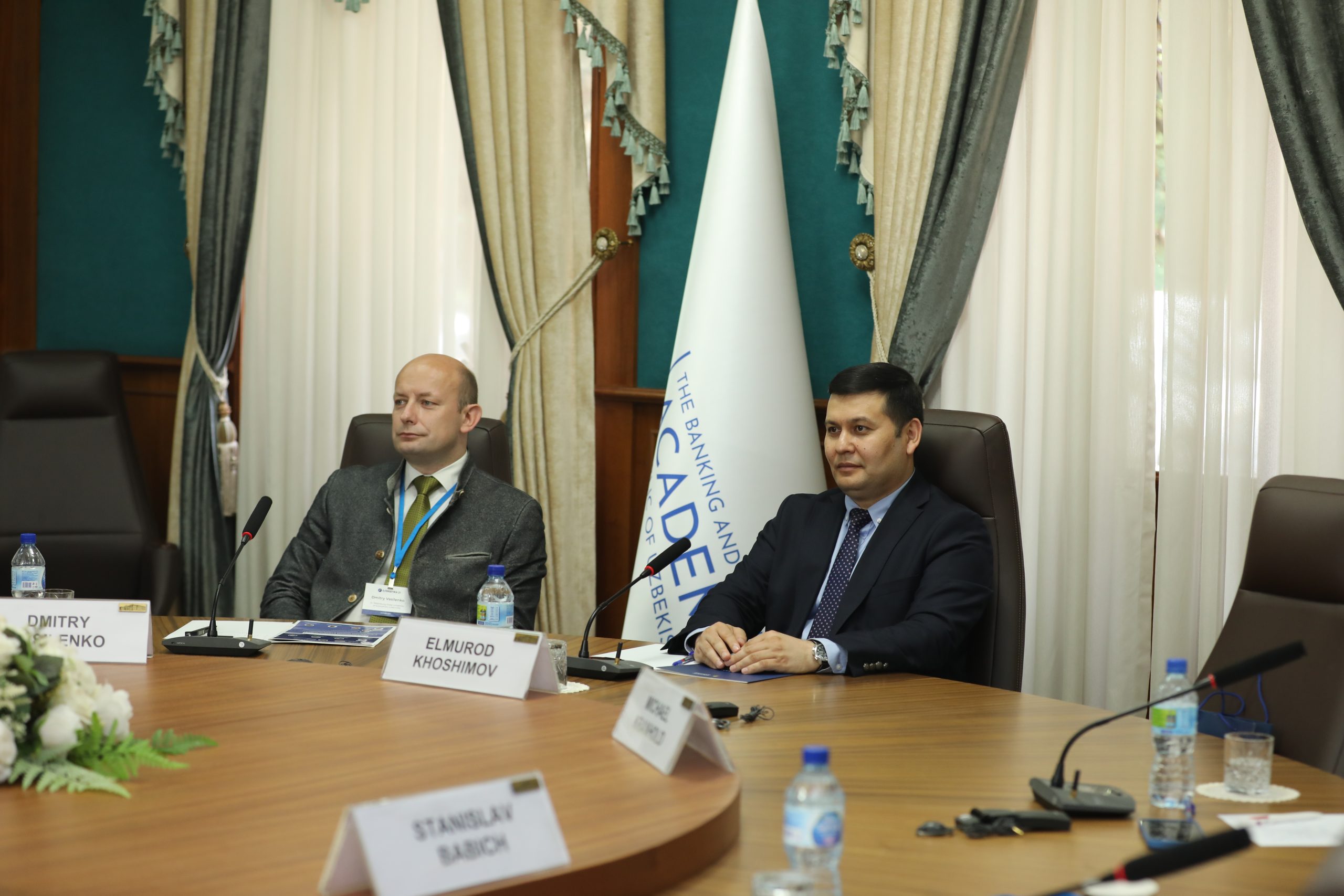The International Hybrid Workshop «Cooperation on Energy and Decarbonisation in Central Asia» was held on 15-17 May in Tashkent under the auspices of the Ministry of Energy, Republic of Uzbekistan and served as a preparatory platform for the International Scientific Conference «Energetika XXI: Economy, Policy, Ecology». Among the co-organisers of the workshop were Saint Petersburg State University of Economics, JSC «O’ZLITINEFTGAZ» and The Banking and Finance Academy of the Republic of Uzbekistan.
Central Asia has a significant potential in ensuring the energy security and sustainability of Greater Eurasia. However, to achieve the potential it is crucial to have regional cooperation for networking to overcome mutual problems. Therefore, the Scientific Committee decided to hold a workshop in Uzbekistan, the crossroads of energy, transport and logistics routes in Eurasia. This workshop continued the discussion of previous workshops in 2023 which took place in Almaty, Baku and Bishkek on cooperation in Central Asia. Around 100 experts from the EU, the USA, Central Asian countries, Uzbekistan and Russia took part in the workshop.
The Deputy Minister of Energy of the Republic of Uzbekistan expressed gratitude to the Rector of Saint Petersburg State University of Economics Igor Maksimtsev and noted that «the conference provides us with a unique opportunity to exchange experiences and best practices not only with the countries of Central Asia but with the whole world as well. Such platforms contribute to the creation of partnership relations and joint solutions to our common problems. We have gathered here to exchange knowledge, ideas and experiences, together seek for new approaches and solutions that will help us in creating a sustainable, efficient and environmentally friendly energy system for future generations.»
The workshop has been held for three days and consisted of 5 sessions and three discussion panels. In the framework of the session «Challenges to meet the Paris Agreement targets» the expert from the Ministry of Energy of the Republic of Uzbekistan Bekzod Asadov highlighted the main directions of the decarbonization strategy of the Republic. The head of the Center for Energy Efficiency — XXI Igor Bashmakov (Russia) and the representative of the Ministry of Ecology and Natural Resources of the Republic of Azerbaijan Fuad Humbatov presented the aims, objectives, issues and challenges of the COP conferences. The independent expert and the member of the Scientific Committee of Energetika XXI conference Ralf Dickel presented a top down approach to decarbonisation(the example of Germany).
The session «Decarbonizing primary energy supply» was focused on renewable energy sources in Central Asian countries (Aleksey Kobzev, Kazakh-German University and Julian Bowden, Oxford Institute for Energy Studies), as well as restrictions on «green» hydrogen transport and storage (Martin Lambert, Oxford Institute for Energy Srudies).
The session «Decarbonizing final energy consumption» was devoted to the role of municipalities in the energy transition (Irina Mironova, European University at St. Petersburg), various approaches to the increase of the energy efficiency of municipal economy, for instance, the use of the heat pumps (Jens Völler, Team Consult G.P.E. GmbH), decarbonisation of transport (Natalia Sarakhanova, UNECON) and housing and utility sector (Alexandr Belyy, Kazakhstan Green Building Council).
The conference «Energetika 21» traditionally serves as a platform for dialogue and exchange of ideas. In Tashkent the experts from Central Asian countries discussed opportunities and obstacles to cooperation in the region. Among panelists of the discussion chaired by Maxim Titov, The Eurasian Fund for Stabilization and Development and Irina Mironova, European University at St. Petersburg were Almaz Abildayev, «Energy Aspects of Kazakhstan» Analytical center, Kamilia Irgebaeva, National Institute for Strategic Studies under the President of the Kyrgyz Republic, Aleksey Kobzev, Kazakh-German University and Lobar Umarova, Institute for Strategic and Regional Studies under the President of the Republic of Uzbekistan.
Coordination of power systems across borders poses technical and economic questions, that were raised in the session «Cross border electricity cooperation». Such issues as the experience of integreted power system, cross border coordination of flows, capacity development (Michael Kranhold, 50Hertz Transmission GmbH and Abdurashid Mirzaev, Coordination Dispatch Center «Energy») and exampes of investment for cross border regional projects (Maxim Titov, The Eurasian Fund for Stabilization and Development and Irina Voitekhovitch, The World Bank) were addressed within the session.
The last day of the workshop was dedicated to the training of energy specialists from companies and municipalities. The representatives of universities and companies from Russia, Kazakhstan and Germany shared their experience on competence and skill development for net-zero economy.

